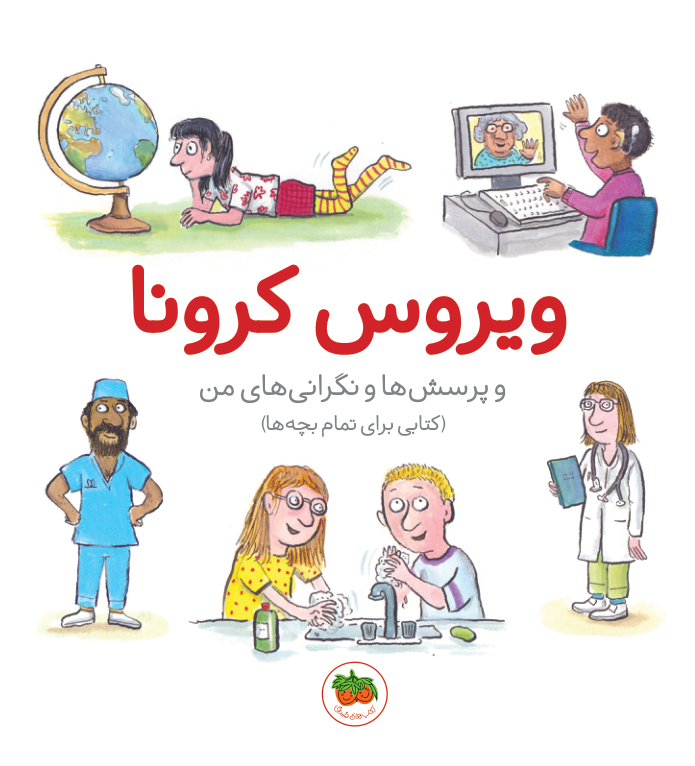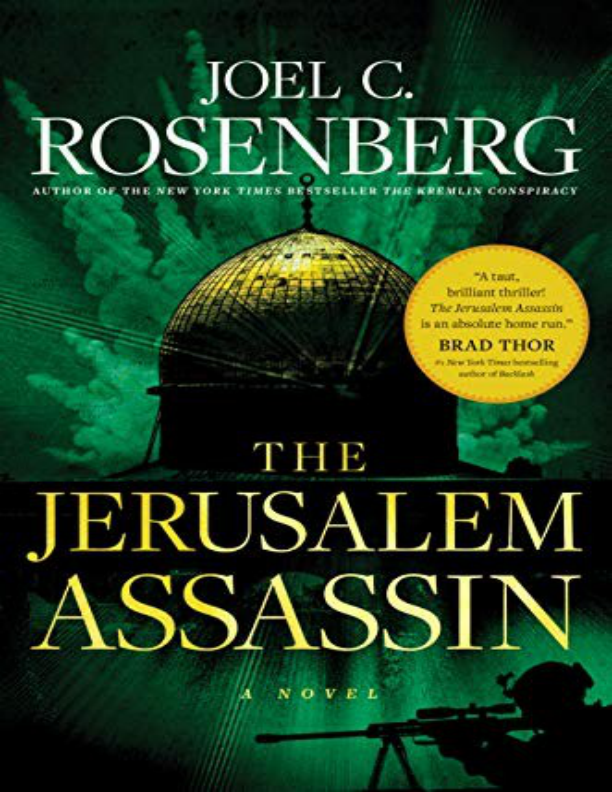Modern Hebrew is phonetically simpler than Biblical Hebrew and has fewer phonemes, but it is phonologically more complex. It has 25 to 27 consonants and 5 to 10 vowels, depending on the speaker and the analysis.
Hebrew has been used primarily for liturgical, literary, and scholarly purposes for most of the past two millennia. As a consequence, its pronunciation was strongly influenced by the vernacular of individual Jewish communities. With the revival of Hebrew as a native language, and especially with the establishment of Israel, the pronunciation of the modern language rapidly coalesced.
The two main accents of modern Hebrew are Oriental and Non-Oriental. Oriental Hebrew was chosen as the preferred accent for Israel by the Academy of the Hebrew Language, but has since declined in popularity. The description in this article follows the language as it is pronounced by native Israeli speakers of the younger generations.
 کتاب سل Ketab Sell | کتاب سل، بزرگترین منبع کتاب و جزوههای دانشجویی
کتاب سل Ketab Sell | کتاب سل، بزرگترین منبع کتاب و جزوههای دانشجویی









Reviews
There are no reviews yet.